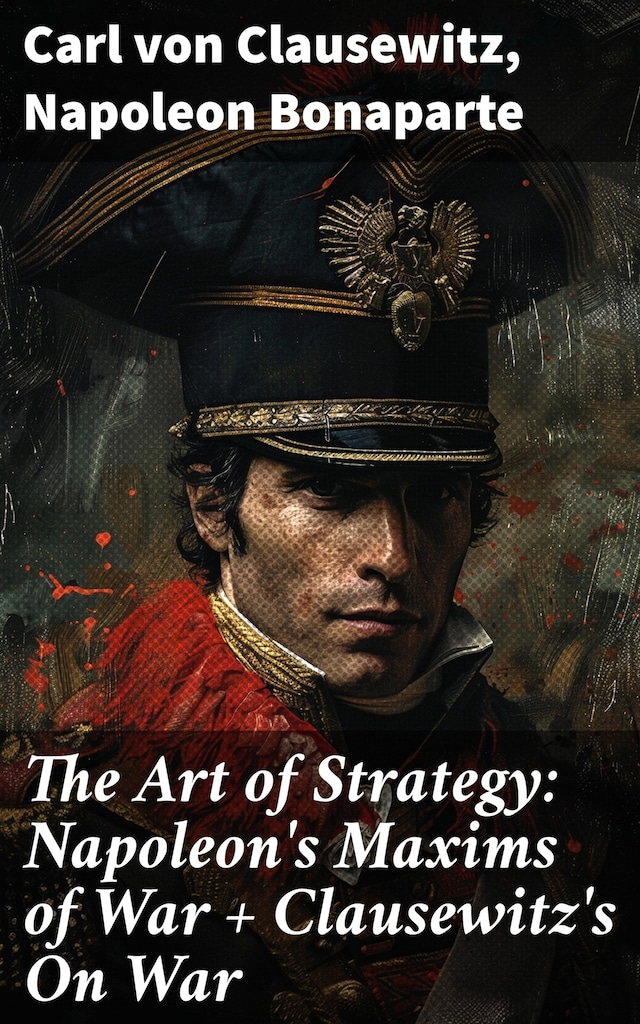
The Art of Strategy: Napoleon's Maxims of War + Clausewitz's On War
The Art of War in 19th Century Europe
Om bogen
In 'The Art of Strategy: Napoleon's Maxims of War + Clausewitz's On War', readers are presented with a compelling compilation that bridges the tactical genius of Napoleon Bonaparte and the strategic depth of Carl von Clausewitz, offering a panoramic view of military strategy across the tumult of European history. This anthology juxtaposes the concise, pragmatic wisdom of Napoleons military maxims against the philosophical, in-depth analysis provided by Clausewitz in 'On War', creating a rich tapestry of military thought. The diversity of literary styles from the aphoristic to the analytical adds a dynamic layer to the reading experience, facilitating a deeper understanding of warfares complexities and the strategic mind. The contributing authors, Napoleon and Clausewitz, are monumental figures in military history and theory, hailing from distinct yet overlapping eras. Napoleon, an emperor and military commander whose campaigns are studies in operational brilliance, and Clausewitz, a Prussian general and military theorist known for his profound philosophical insights into war, together encapsulate the evolution of early modern European military thought. Their writings, rooted in the Napoleonic Wars, reflect the pivotal shift from the age of linear tactics to the onset of total war, offering readers a nuanced perspective of military strategy through the lens of those who lived it. 'The Art of Strategy' is an indispensable read for those keen on exploring the intricate dance of warfare and strategy through the ages. This anthology not only serves as a bridge connecting the tactical acumen of Napoleon with the strategic profundity of Clausewitz but also invites readers into a dialogue with historys most revered military minds. For students of military history, enthusiasts of strategic thought, and scholars alike, this collection offers a unique chance to engage with the timeless lessons of war, distilled through the experiences and reflections of two of its greatest exponents.
 1.099 Sider
1.099 Sider